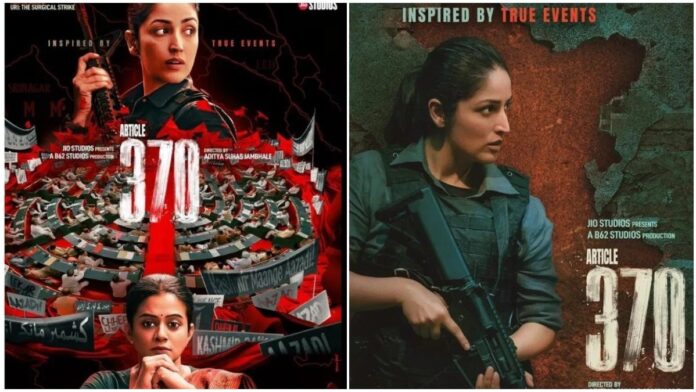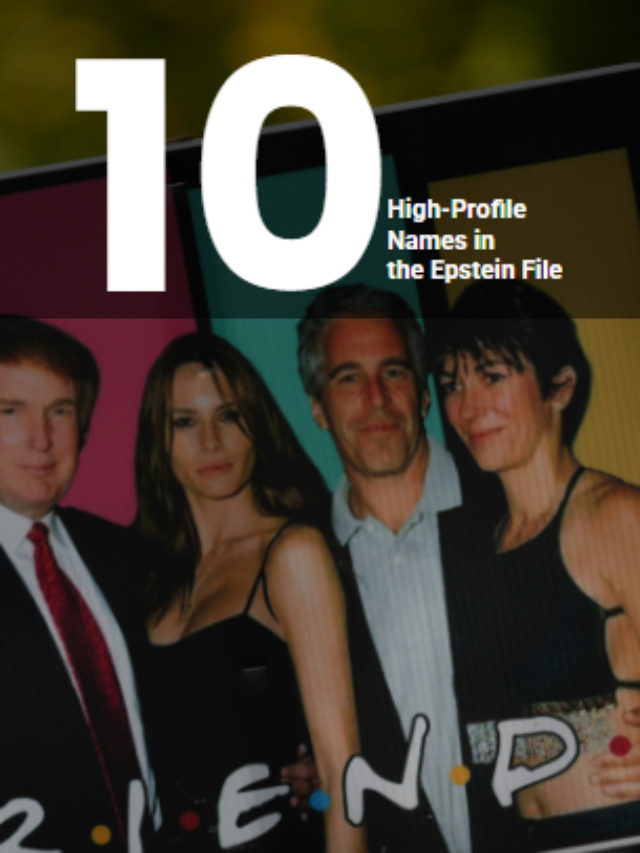In a collaborative effort, writers Aditya Dhar, Arjun Dhawan, and Aditya Suhas Jambhale have embarked on a cinematic journey, attempting to encapsulate the intricate narrative of Kashmir and Article 370 within the confines of a 2-hour 38-minute film. The disclaimer, lingering longer on the screen than usual, emphasizes the fictional nature of the story, yet with a subtle acknowledgment that certain places are real, a few events have historical roots, and the resemblance between fictional leaders and current government figures is unmistakable. This begs the question: Is the narrative truly fictional, or does it bear an unsettling semblance to reality? Can one encapsulate the complexities of one of India’s most challenging regions without introducing biases?
The movie unfolds through six chapters, each delving into different facets of the Kashmir conundrum. These chapters explore the fictionalized accounts of events such as the demise of Burhan Wani, the Pulwama attack, recruitment efforts by the NIA in Kashmir, and the intricacies of Article 370. Notably absent is the typical chest-thumping nationalism seen in films of this genre, opting instead for a more nuanced approach. However, the absence of overt jingoism doesn’t necessarily translate to an absence of bias.
Despite the film’s attempt to steer clear of overt nationalistic fervor, it appears to sideline the perspective of the current establishment, painting them as the sole protectors and well-wishers of the people of Kashmir. The narrative primarily revolves around characters like Zooni and Rajeshwari, who express concern about the escalating violence and turmoil in Kashmir. However, the critical absence of the voices of the Kashmiri people raises questions about the film’s representation.
The narrative unfolds in two halves, with the initial portion failing to captivate the audience. Events lack a connection to the overarching theme of Article 370, making it challenging to comprehend the film’s intended message. However, the second half gains momentum as Rajeshwari and her team scrutinize the Article, aiming to dismantle Kashmir’s special status. Simultaneously, Zooni and the NIA focus on preserving peace in Kashmir post the Article’s revocation. The irony lies in the film’s limited portrayal of Kashmiris, leaving audiences questioning whom the characters are truly safeguarding or promoting.
In terms of performances, Yami Gautam delivers a compelling portrayal of Zooni Haksar, a character fueled by rage. However, the resemblance to her previous roles raises concerns about character depth. Priyamani, as Rajeshwari Swaminathan, impresses with her composed demeanor, yet the character seems strategically designed to project the government as the beacon of sensibility and peace.
In conclusion, “Article 370” attempts to navigate the intricacies of Kashmir’s story but falls short in fully representing the perspectives of its people. The film’s nuanced approach to nationalism is commendable, yet it raises questions about the broader portrayal of the Kashmiri narrative.







